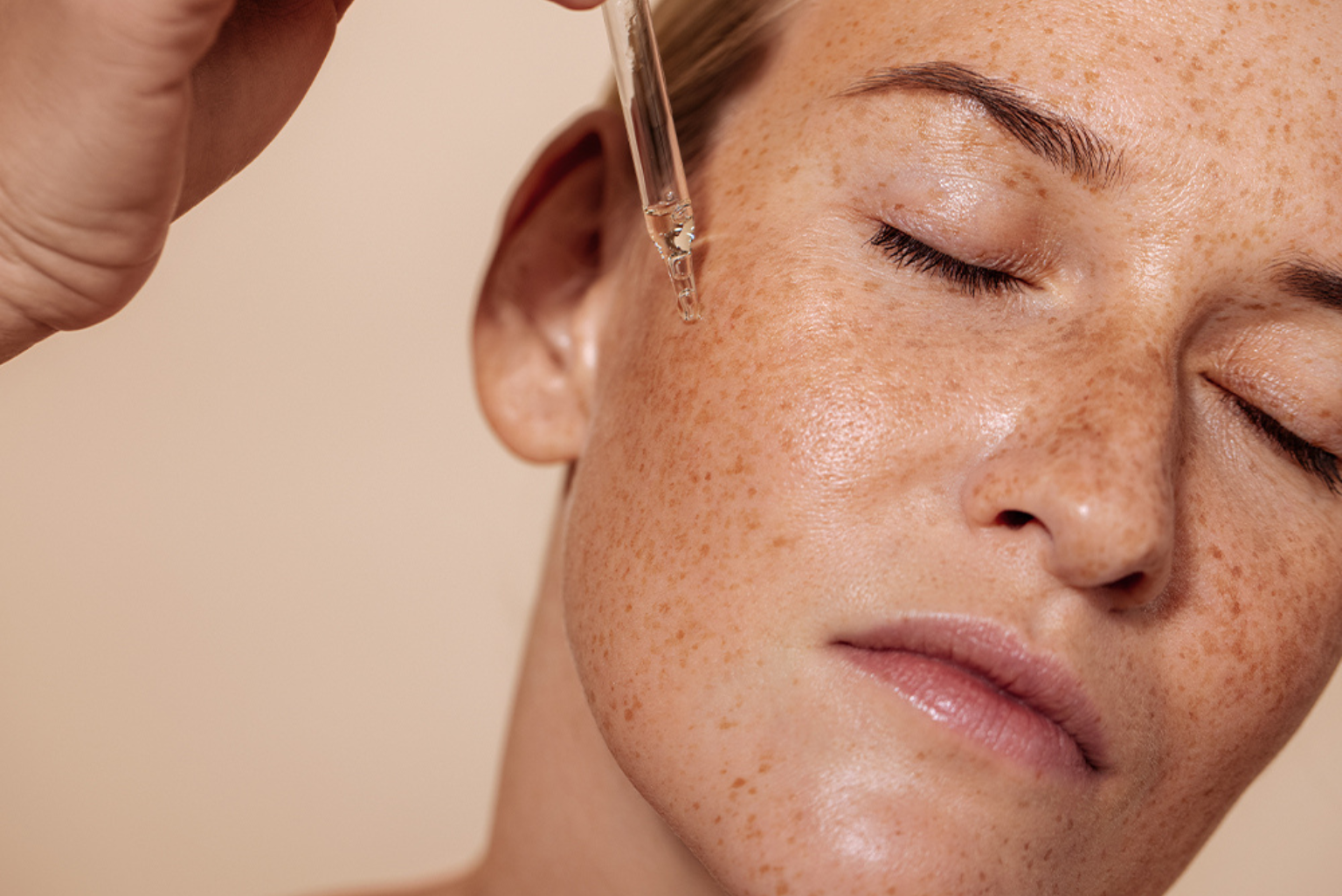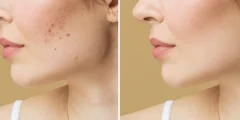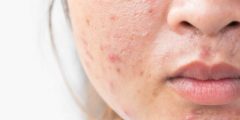Hyperpigmentation treatment is one of the most searched topics in skincare today. Dark spots, uneven skin tone, and pigmentation issues affect millions of people worldwide, regardless of age or skin type. These concerns are mainly caused by excess melanin production triggered by sun exposure, hormonal changes, acne scars, or aging. While hyperpigmentation is not harmful, many people look for effective solutions to restore clear and radiant skin.
The good news is that there are multiple treatments available, ranging from advanced dermatological procedures to simple natural remedies. This article explores the most effective ways to treat hyperpigmentation and restore healthy, glowing skin.
What Causes Hyperpigmentation?
Understanding the root cause helps in choosing the right treatment. Common triggers include:
-
Sun exposure (UV radiation stimulates melanin production).
-
Hormonal changes (e.g., melasma during pregnancy).
-
Post-inflammatory hyperpigmentation (acne scars, burns, or skin injuries).
-
Aging (age spots or liver spots).
-
Certain medications (like chemotherapy drugs).
Medical & Dermatological Treatments
1. Laser Therapy for Pigmentation
Laser treatments target excess melanin by breaking down dark spots into smaller particles that the body naturally eliminates.
-
Types: Q-switched lasers, fractional lasers, and intense pulsed light (IPL).
-
Pros: Fast, effective, suitable for stubborn pigmentation.
-
Cons: May require multiple sessions, costly, and not always safe for very dark skin tones.
2. Chemical Peels
-
Use acids like glycolic, salicylic, or trichloroacetic acid (TCA) to exfoliate the top skin layer.
-
Effective for mild to moderate pigmentation.
-
Helps with skin texture and brightness as well.
3. Microneedling with Serums
-
Creates micro-injuries to stimulate healing.
-
Allows better absorption of brightening agents like vitamin C or tranexamic acid.
4. Prescription Topicals
-
Hydroquinone (gold standard skin-lightening agent).
-
Retinoids to speed up cell turnover.
-
Azelaic acid for acne-related pigmentation.
-
Must be used under dermatological guidance.
Natural Remedies for Hyperpigmentation
For those seeking gentle and budget-friendly solutions, several natural ingredients have shown effectiveness:
-
Aloe Vera: Contains aloin, which helps lighten dark spots.
-
Licorice Extract: Reduces melanin activity and brightens skin.
-
Green Tea Extract: Anti-inflammatory and antioxidant properties.
-
Lemon Juice (with caution): Natural bleaching agent but can irritate sensitive skin.
-
Turmeric: Curcumin in turmeric reduces melanin production.
Note: Natural remedies are effective for mild pigmentation but work slowly compared to medical treatments.
Lifestyle & Prevention Tips
-
Always use broad-spectrum sunscreen (SPF 30 or higher).
-
Avoid picking or scratching pimples to prevent post-inflammatory pigmentation.
-
Maintain a balanced diet rich in antioxidants (berries, leafy greens, nuts).
-
Stay hydrated to support skin regeneration.
The Role of Diet and Supplements in Skin Repair
What you eat plays a major role in how your skin heals and regenerates. A nutrient-rich diet can accelerate hyperpigmentation recovery and prevent new spots from forming. Foods high in vitamin C (such as oranges, kiwis, and strawberries) boost collagen production and improve skin tone. Vitamin E found in nuts and seeds acts as a powerful antioxidant that protects skin from UV damage. Omega-3 fatty acids in fish and flaxseeds reduce inflammation and promote a smoother complexion. Additionally, supplements like zinc and collagen peptides have been shown to support
Frequently Asked Questions (FAQ)
Q1: How long does it take to see results from hyperpigmentation treatments?
-
Natural remedies: 2–3 months.
-
Topical creams: 4–12 weeks.
-
Laser/chemical peels: noticeable improvement after a few sessions.
Q2: Can hyperpigmentation go away on its own?
-
Mild cases may fade over time, but persistent pigmentation often requires treatment.
Q3: Is laser treatment safe for dark skin?
-
Yes, but must be done by an experienced dermatologist to avoid burns or worsening pigmentation.
Read also: Skin Barrier Repair Treatments 2026: Natural & Clinical Solutions for Healthy Skin
Conclusion
Hyperpigmentation can be frustrating, but with the right approach, it is treatable. From laser therapy and chemical peels to natural remedies like aloe vera and turmeric, there are solutions for every skin type and budget. For best results, combine treatments with preventive care such as daily sunscreen and a consistent skincare routine.
Clear, radiant skin is possible when science meets natural healing.




